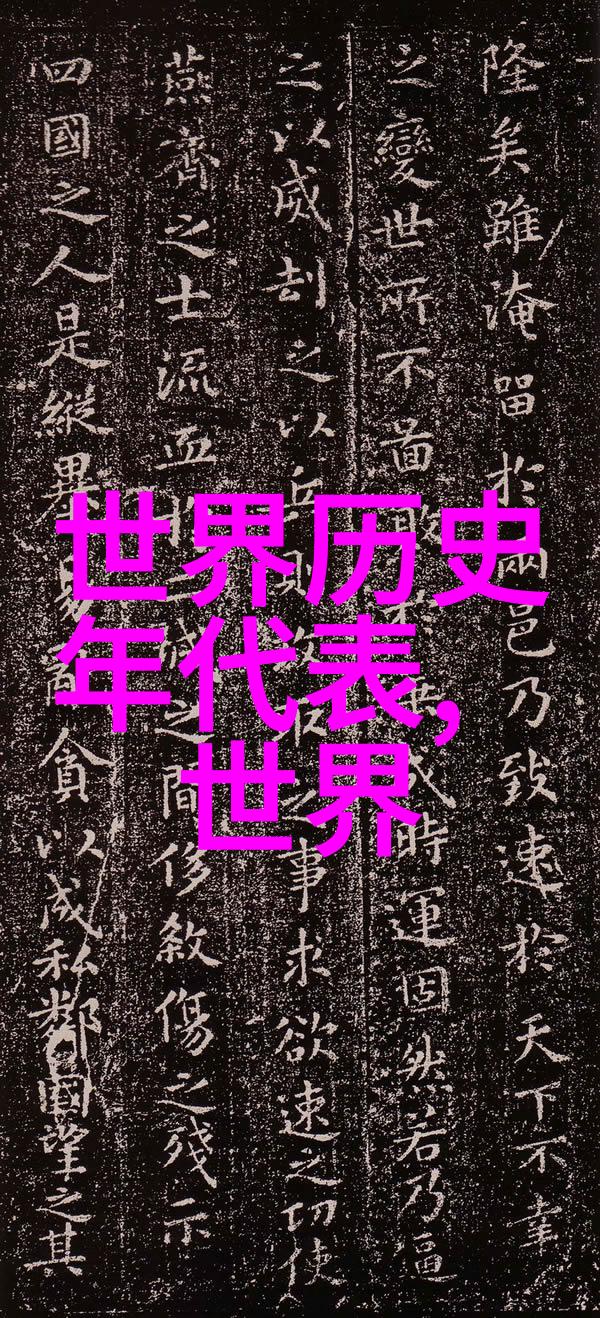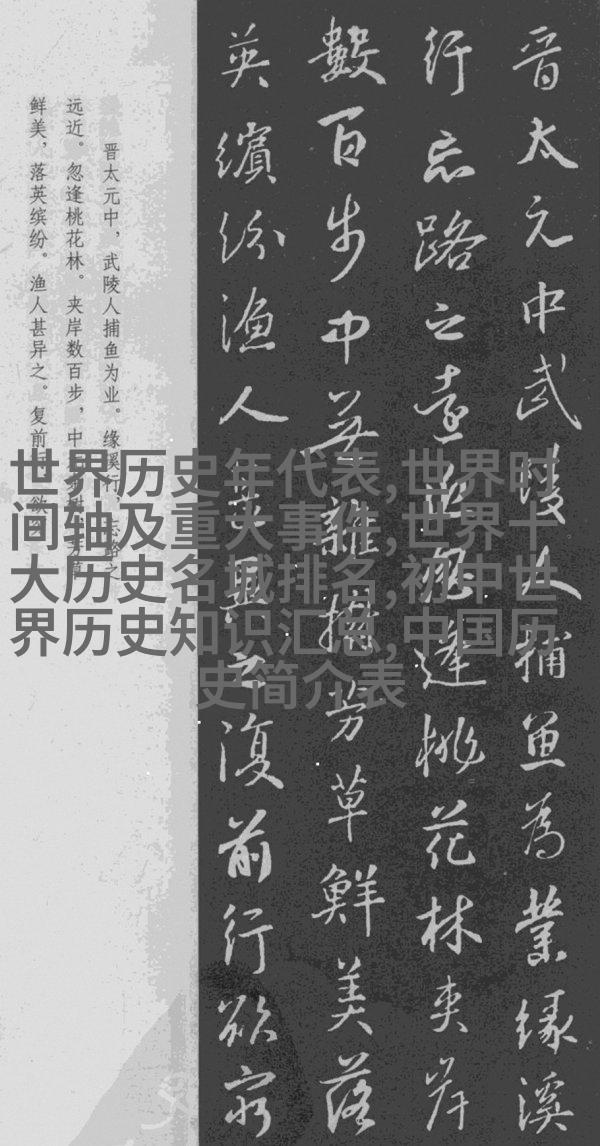
龙的传说中国古老神话中的守护者
一、The Serpent's Legacy: A Study on the Symbolism of Dragons in Chinese Mythology

Dragons, a common figure in Chinese mythology, have been revered as symbols of power and good fortune for centuries. Their legacy extends beyond mere mythological tales, however, and can be seen in various aspects of Chinese culture.
二、From Water to Fire: The Evolution of the Dragon

The dragon's evolution from a water-dwelling creature to a fire-breathing beast is an intriguing aspect of its symbolism. This transformation reflects China's cultural shift from emphasizing water-based agriculture to valuing fire as a symbol of strength and prosperity.
三、The Celestial Emperor: Dragons as Rulers in Mythology

In many Chinese myths, dragons are depicted as rulers or emperors. They embody the concept of benevolent leadership and wisdom. These stories highlight the importance placed on these qualities by ancient Chinese society.
四、Good Fortune and Prosperity: The Dragon Dance

The dragon dance is an integral part of traditional Chinese festivals such as the Lunar New Year (Spring Festival). This performance not only showcases skillful acrobatics but also serves as a reminder of the dragon's association with good fortune and prosperity.
五、A Modern Relevance: Dragons Today

Despite being rooted in ancient mythology, dragons continue to hold significance today. They are often used in branding for businesses looking to convey power or prestige. Additionally, they remain popular figures in modern literature and film adaptations inspired by classic tales.
六、Conclusion - The Enduring Legacy Of Dragons In China
In conclusion, dragons have left an indelible mark on both ancient Chinese mythology and contemporary culture alike. Their multifaceted symbolism has allowed them to transcend time while remaining relevant today. As we continue our exploration into this fascinating topic further insights will emerge illuminating their enduring legacy within China's rich history.



